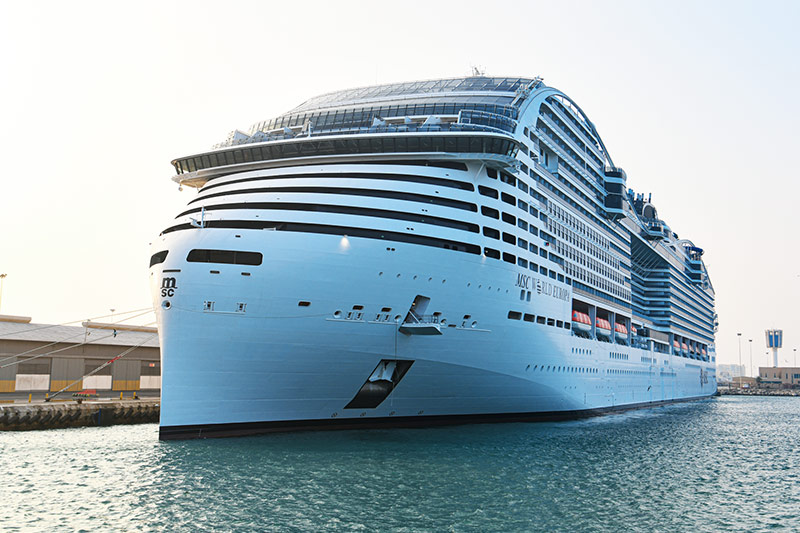Speaking at an event in Europe, Pierfrancesco Vago, executive chairman of MSC Cruises and CLIA’s Global Chairman, highlighted the importance of shipbuilding in Europe and the importance of future fuels.
“Cruise ship building represents around 80 percent of the orderbook of shipyards in Europe,” Vago said. “This is one of the backbones of Europe’s industry, and is important that this is fully appreciated.
“As a hub for shipbuilding and advanced maritime equipment manufacturing, our industry benefits Europe’s maritime resilience and strategic maritime autonomy,” he continued.
“Today is therefore an important moment as Europe’s shipping associations come together to stress the urgency of supporting the continued growth of flagship industries like shipbuilding and defend their strategic know how – which in this case, goes well beyond cruise shipbuilding.”
Vago said that the the cruise industry welcomes this renewed global focus in the acceleration of clean technologies.
“Also, here in Europe, we must ensure that the right framework is in place for private companies to drive this transition,” he said. “I want to pause and reiterate that cruising, which only represents 3% of CO2 emissions from the maritime sector, is spearheading innovation for the entire maritime industry and well beyond it, benefiting civil society.”
Other risks include financing, as it is becoming more challenging to secure funding from financial institutions to build the next generation ships, Vago said.
“Most important in all this is the role of credit export agencies, they need to be able to do their job,” he noted.
The next phase will be about the transition to new fuels.
“But we need to move now to secure a supply of renewable fuels at the scale required not just for cruise but for the entire maritime sector,” Vago explained. “We want specific targets for production of renewable marine fuels to be adopted at EU and national level to accelerate investment and deployment.
“And national renewable energy plans to fully include the needs for infrastructure and deployment of renewable fuels at EU ports. By doing this we will make sure that Europe remains at the center of cleantech development for decades to come.”




